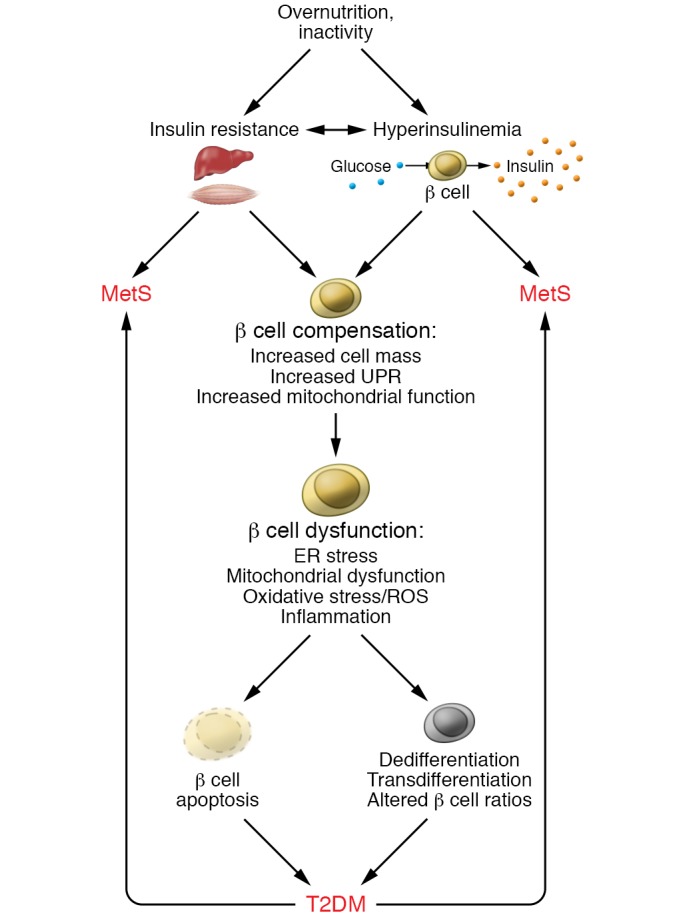Figure 1. β Cell compensation and dysfunction in MetS and T2DM.

A lifestyle of overnutrition and/or inactivity can give rise to an insulin-resistant condition and/or induce insulin hypersecretion from the pancreatic β cell. In each case, a feedback cycle can be established to exacerbate insulin resistance and increase insulin secretion; both conditions can trigger MetS and its related complications. Initially, β cells are able to functionally compensate for the increased metabolic demand by increasing β cell mass, inducing an unfolded protein response (UPR) and improving mitochondrial function. However, over time, in a subset of individuals, β cell compensation cannot be sustained, and β cells become dysfunctional, presenting with ER stress, mitochondrial dysfunction, oxidative stress, and inflammation. Ultimately, the stressed β cells undergo cell death, dedifferentiation, transdifferentiation, or phenotypic alterations that compromise function. Disrupted β cell function can feed back to exacerbate MetS.
